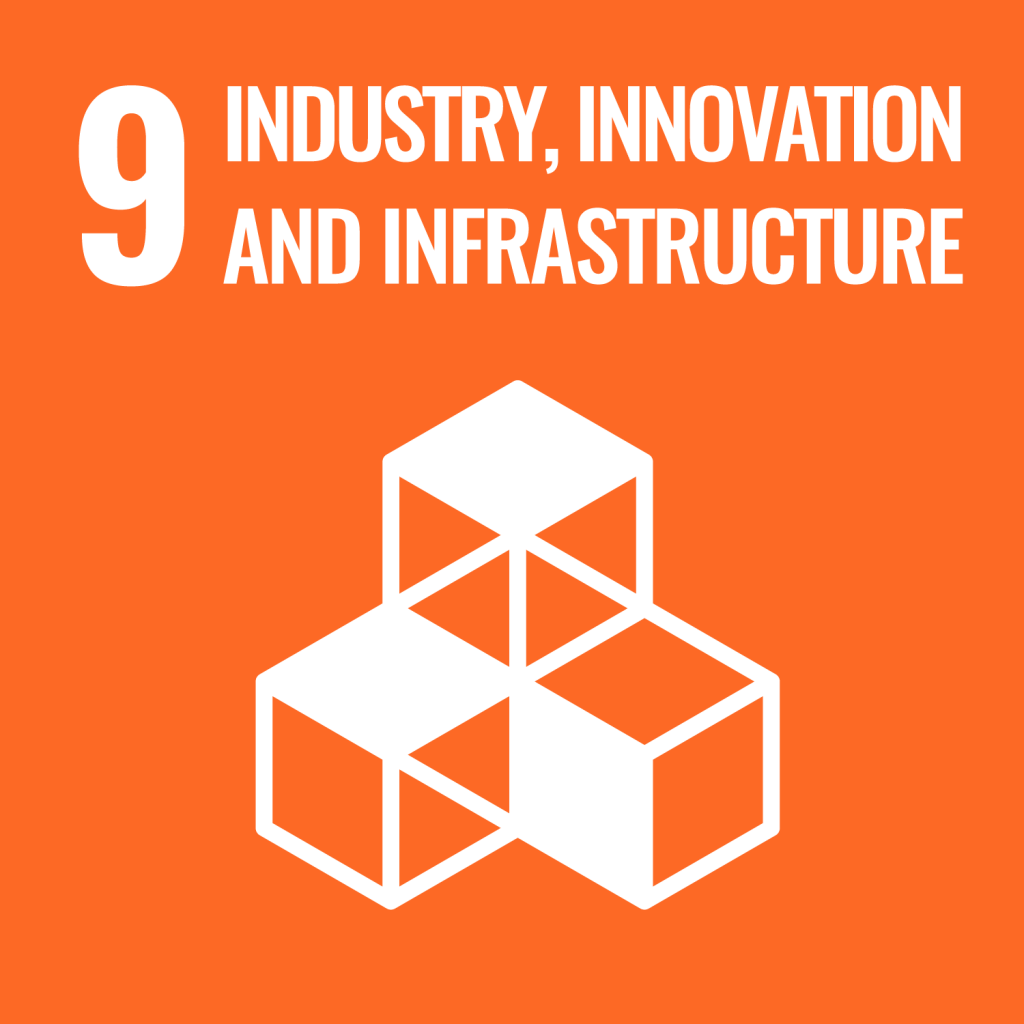Echale
Medium (50-500 employees)
Tertiary
Construction
Lesson
One company, several models. The implementation of sustainable solutions or services for complex problems do not necessarily have to arise from the organization. The options to structure the implementation of sustainable practices can present opportunities to diversify the architecture of the company in various business models, through subsidiaries, non-profit organizations, or foundations that operate in parallel with the primary company. This type of innovation is an evolution of the business model to operate multiple economic, social, and environmental objectives through complementary organizations. This approach to operating and delivering sustainability-oriented products and services is necessary when limitations of local regulations or policies reduce the ability of an SME to operate or when partnerships or funding sources call for complementarity.
Background
In Mexico there is a housing deficit of 9.4 million units, of which 2.6 million people can access a loan from the mortgage market or be beneficiaries of public institutions. This leaves 6.8 million individuals or families who do not have access to the mechanisms necessary to acquire a home. Consequently, they often opt for self-construction or self-production, obtaining precarious, insecure, and deficient results.
For this reason, ÉCHALE was founded as a social producer of housing and community infrastructure committed to building a better quality of life for families. With the mission of contributing to the sustainable development of communities, it brings vulnerable populations closer to adequate and affordable solutions through social and financial inclusion and technological empowerment.
ÉCHALE has worked in 28 states of the Mexican Republic with 250,000 housing solutions, helping to improve the quality of life and housing of thousands of people with collaborative projects for home improvement, social self-production of housing, and home reconstruction.




Sustainability Story
From the beginning, ÉCHALE’s houses were planned to be made with a material from compacted earth that is ecological, thermal, acoustic, and is produced by employees who are from the beneficiary population. It was essential to strengthen the organization, diversify financing channels, promote greater inclusion and social participation, as well as technical training and community design. This was based on the context and needs of each community, considering geographical, climatic and cultural aspects. For this reason, both a construction company and a financial company were developed. Social work was strengthened through the foundation for the development of self-management capacities by the intervened communities.
Echale Practices
| Ecoblock | Community finance | Design social infrastructure |
|---|---|---|
| Produce ECOBLOCK, using a circular economy process with local materials. | Established a parallel business model in the company to provide financial resources for community members to access low cost housing. | Include shared public spaces and infrastructure in co-design with communities participating in their local housing development. |
Pathway Map
Community Finance
View the Pathway MapEco-Blocks
View the Pathway MapEnabling Factors for Practices
| Internal to the organization | External to the organization |
|---|---|
| Transversal innovation: In the supply chain, a process has been developed to generate what is needed if it does not exist. The search for solutions with locally available materials, knowledge and resources is central to how the project unfolds. | Financial actors: Grant funders have recognized the value that is generated when their investments are strengthened, and the risk is minimized by the broad participation of various local actors that support the implementation of these development projects. |
Arresting Factors for Practices
| Internal to the organization | External to the organization |
|---|---|
| Material costs: The production cost of the ECOBLOCK is higher than a conventional Block. Therefore, there is a constant tension between the quality of the materials and resources available for housing models, and the financial margins within which the company operates. | Legislation: In Mexico there is no legal framework for the constitution of a social enterprise. It has been complex to find the necessary elements within the fiscal and legal frameworks to promote a housing program. That is why various avenues and financial vehicles were formulated to operate the project. |
Lesson for Disaster Risk Reduction
When working on construction in Mexico, the vulnerability to earthquakes, hurricanes and floods must be kept in mind. Before building, it is ensured that the area is not at risk for natural disasters, and if it is, building is avoided. If the land is donated, it is assessed and managed to ensure its safety and function. For example, during a construction project in Tabasco, a meter of earth had to be raised to ensure that the site did not flood.
There are action protocols in case of disasters that affect the structure of a home during construction. Addressing these issues, which also pertains to the pandemic, consists of analyzing the information, mapping, making a diagnosis, and designing an action strategy. This is normally done through the foundation to carry out a fundraising campaign. It is unknown if there is disaster insurance or an investment fund for disaster risk management.
